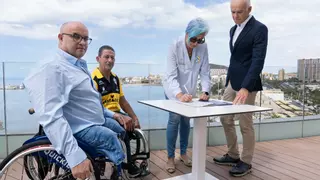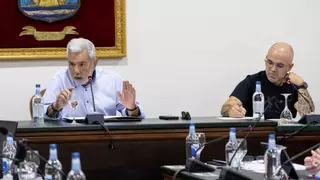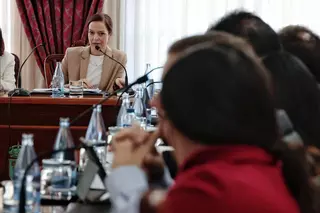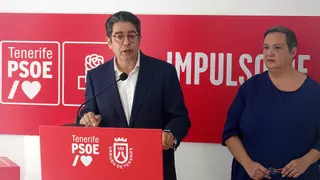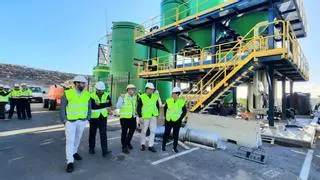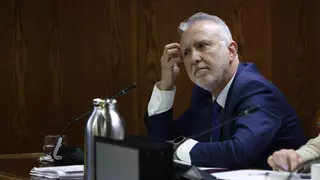Adeje Unveils Budget Prioritising Key Public Services, Community Care and Sustainability
Municipal accounts are set to rise by 7% by 2025 to enhance the quality of life in the area
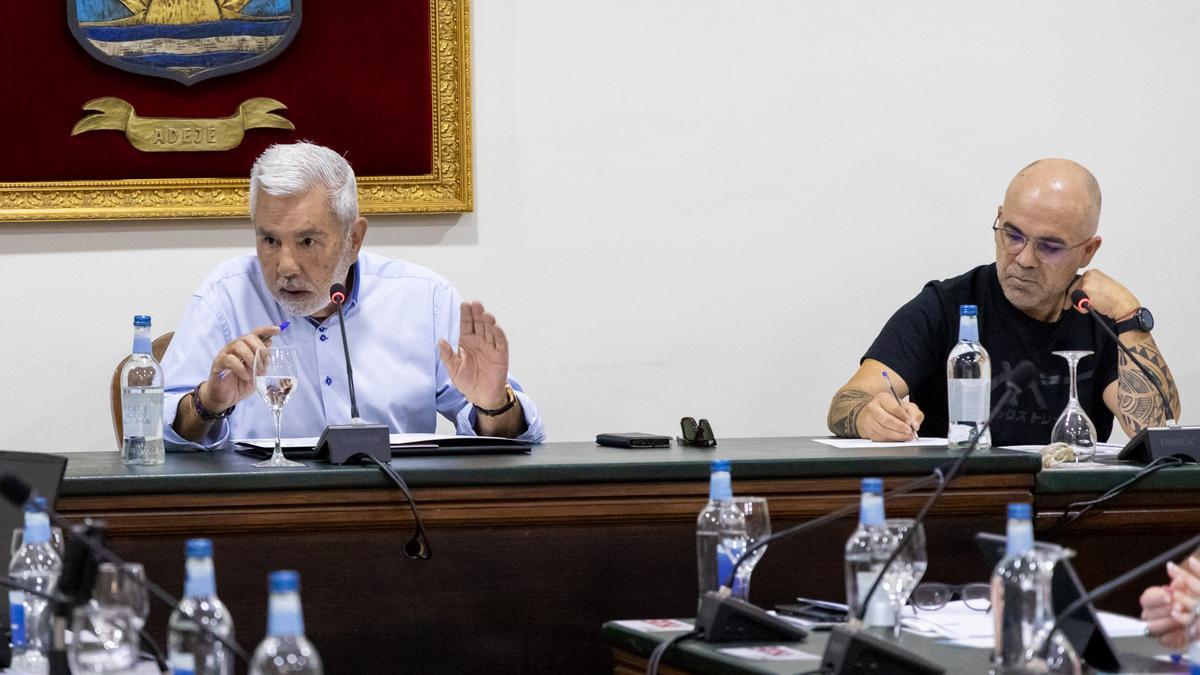
Plenary image of the City of Adeje. / Adeje City Council.
Renata Domingo
Adeje 31 Jan 2025 0:00
The governing body of Adeje has planned a budget for 2025 that reflects a 7% increase compared to the previous year, reaching a total of 122 million euros. This budget, which is up for discussion and voting in the municipal plenary on Friday, January 31, showcases a strong commitment to enhancing fundamental services, providing support for the most vulnerable individuals, ensuring access to housing, and promoting sustainability. This financial plan solidifies a management model that prioritises the welfare of citizens and fosters balanced development in the municipality.
The mayor of Adeje, José Miguel Rodríguez Fraga, emphasised that these budgets aim to fortify the essential foundations of municipal management, focusing on the enhancement of local services, community welfare, housing solutions, and sustainability. “One of our primary objectives is to enhance the quality and efficiency of basic services, such as water supply and sanitation, waste management, ensuring a cleaner and healthier environment for residents. Simultaneously, we remain committed to supporting individuals, particularly those in the most vulnerable sectors, including the elderly, youth, and families. Moreover, we are implementing measures to facilitate access to housing, which is a critical challenge for our community’s stability. All of this is undertaken with a sustainability focus, adopting policies that lower carbon emissions, encourage recycling and strengthen the circular economy model in Adeje,” he stated.
A significant portion of the budget will be invested in improving road cleaning and waste collection, with a contract amounting to 14 million euros. This funding will allow for the extension of services seven days a week in areas that require it, improve the cleaning of urban ravines, manage algae treatment on beaches, and enhance the upkeep of public spaces. Additionally, resources will be directed towards modernising the water and sanitation supply systems, ensuring both efficiency and sustainability.
Another essential aspect of the budget is the focus on community support, particularly for vulnerable groups. Funds allocated for elderly care facilities, child education, and social assistance programmes are set to increase, with a particular enhancement in home assistance and support services. “We are continuing to intensify our policies aimed at community welfare and social services, with a specific focus on protecting the most vulnerable individuals and supporting families in distress,” said Rodríguez Fraga.
Epifanio Díaz Hernández, the council member in charge of Finance, remarked that these accounts have been crafted with responsible foresight, tailored to meet the actual needs of the municipality. “These budgets guarantee the financial stability of the City Council, enabling us to strengthen vital public services while further investing in improving Adeje without jeopardising economic viability. The capacity for effective management and the health of municipal accounts allows us to pursue growth and welfare policies for our citizens,” he explained.
In the realm of education, allocations are set aside for scholarships and educational support, along with an increase in places for early childhood education for children aged 0 to 3 years, thereby aiding family reconciliation. The cultural landscape is also being bolstered through the School of Music and the Auditorium, while sports initiatives are promoted to encourage healthy habits and opportunities for young people.
Access to housing remains a significant challenge that this budget addresses. Rodríguez Fraga highlighted that Adeje has an established track record in implementing policies that facilitate the construction of affordable housing. “Although the City Council does not directly build because it lacks the authority, we work diligently to create necessary conditions, such as land acquisition and urban planning, to empower other administrations and developers to provide homes for the local population. Our objective is to revitalise this line of work and ease access to decent housing for those who live and work in Adeje,” the mayor elaborated.
The commitment to sustainability is reinforced with initiatives aimed at reducing carbon emissions and promoting the circular economy, including encouraging recycling and material recovery. This framework includes plans to expand the use of electric vehicles within municipal services and a commitment to fostering local energy communities. “We aspire to establish a more sustainable and inclusive model for the municipality, progressing in environmental policies that secure the future of Adeje,” concluded Rodríguez Fraga.
The council member for Finance also emphasised the fiscal strength of the City Council, noting that Adeje’s finances are robust and comply with all mandated economic standards. “The City Council exercises stringent control over debt repayment and timely payments to suppliers, maintaining an average well below regulatory requirements. This fiscal stability empowers us to plan and implement investments without jeopardising the economic health of our municipality,” stated Díaz Hernández.
